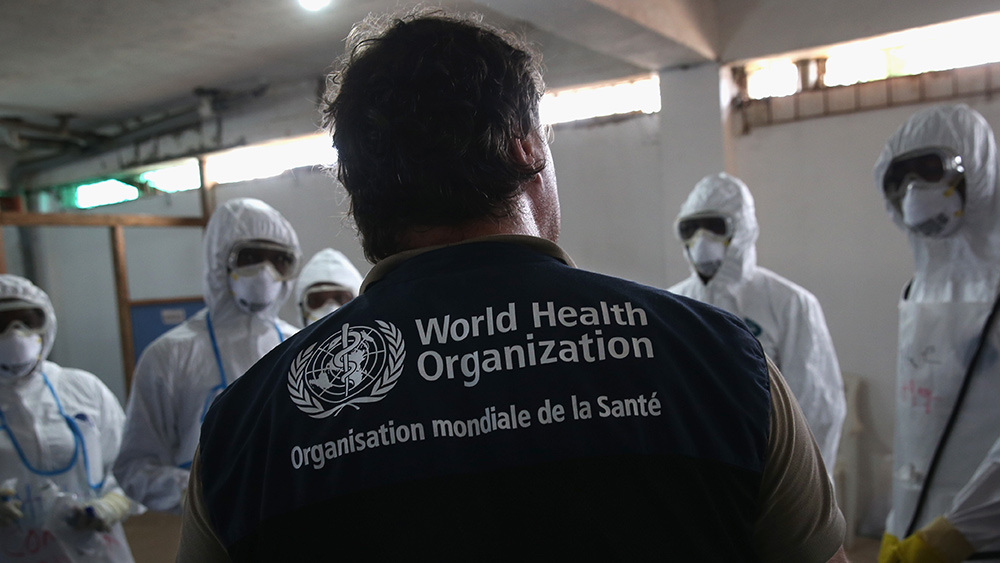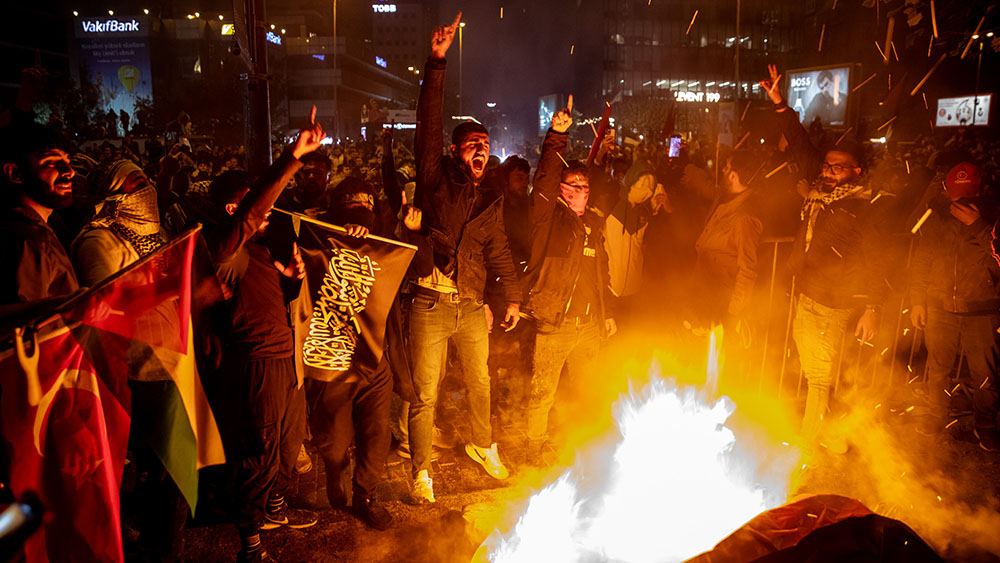 Parler
Parler Gab
Gab
Katie said that their family did their best to reassure Card that the comments were not real, including by verifying with some of the people he claimed had made the remarks. But, according to her, "it turned into a manic belief." Still, they continuously messaged him to tell him he was loved and that "he needs to do the right thing." But he didn't respond. "We don't know this person. This is not him," Card's sister-in-law commented. The deadly rampage began a little before 7 p.m. Wednesday night when police received a 911 call about a shooting at Sparetime Recreation, a bowling alley in Lewiston. Police later said six men and one woman there died of apparent gunshot wounds. Just over 10 minutes later, at 7:08 p.m., police were called to the scene of another shooting a few miles away, at Schemengees Bar and Grille. Eight people there were killed, police said. Three other people died at area hospitals. According to the medical examiner, the victims ranged in age from 14 to 76, including a bar manager who tried to stop the gunman; a bowling instructor who was teaching kids; a beloved father; a 14-year-old and his dad; and several people taking part in a cornhole tournament for deaf athletes. Maine court records show that a man named Robert Card, who was born on the same date as the suspect, was charged with speeding in 2001 and 2002. No other criminal records were listed in the state's electronic court records system or in several other public records databases. The University of Maine confirmed that he studied engineering there from 2001 to 2004, but did not graduate. As per a bulletin put out by the Maine Information and Analysis Center, Card was a trained firearms instructor. Moreover, an Army spokesperson confirmed Card's Reserve status, saying that he enlisted in December 2002 and had no combat deployments. Also, law enforcement said Card "recently reported mental health issues to include hearing voices and threats to shoot up the National Guard Base in Saco, ME." The bulletin added he was reported to have been committed to a mental health facility for two weeks this summer and then released.Maine mass shooter Robert Card began hearing voices in his head after being fitted with a new hearing aid and suffered a mental episode before he went on a shooting spree.
According to his sister-in-law, his family had alerted military and police officials that he was… pic.twitter.com/waIOdG2APU — Oli London (@OliLondonTV) October 26, 2023
Card could be a modern-day "Project MK-Ultra" victim
"MK-Ultra" was a top-secret Central Intelligence Agency (CIA) project in which the agency conducted hundreds of clandestine experiments, sometimes on unwitting U.S. citizens. It was intended to develop procedures and identify drugs that could be used during interrogations to weaken people and force confessions through brainwashing and psychological torture. At the height of the Cold War, the U.S. government feared that Soviet, Chinese and North Korean agents were using mind control to brainwash U.S. prisoners of war in Korea. In response, then CIA Director Allan Dulles approved "Project MK-Ultra" in 1953. The covert operation aimed to develop techniques that could be used against Soviet bloc enemies to control human behavior with drugs and other psychological manipulators. Sometimes the test subjects knew they were participating in a study, but at other times, they had no idea, even when the hallucinogens started taking effect. Though it lasted from 1953 until about 1973, details of the illicit program didn't become public until 1975, during a congressional investigation into widespread illegal CIA activities within the United States and around the world. Now, analysts are afraid that this technology is being used again in the United States to hijack the minds of people, especially those from the military – in this case, Card, who is an Army reservist. It was very suspicious that his mental health started to spiral down after he was installed with "sophisticated and cutting-edge hearing aids," a gadget that could be "controlled" remotely. Critics could not help but opine that operations such as "MK-Ultra" are no longer modern-day "science fiction," thanks to globalists' drive to depopulate the world. (Related: MK ULTRA NATION: Over 37 million Americans – that's over 13% – are taking dangerous, psychotropic antidepressant medication right now.) Violence.news has more stories related to lawlessness and crimes such as mass shootings.Sources for this article include:
CBSNews.com TheGatewayPundit.com NBCNews.com History.comIsraeli government official suspended after saying nuking Gaza was an option
By Cassie B. // Share
SPOILED BRAT: Zelensky sulks as Israel conflict takes away attention from Ukraine
By Ramon Tomey // Share
Israeli gov’t issues GLOBAL TRAVEL WARNING to all its citizens amid ANTISEMITIC threats
By Laura Harris // Share
Governments continue to obscure COVID-19 vaccine data amid rising concerns over excess deaths
By patricklewis // Share
Tech giant Microsoft backs EXTINCTION with its support of carbon capture programs
By ramontomeydw // Share
Germany to resume arms exports to Israel despite repeated ceasefire violations
By isabelle // Share










